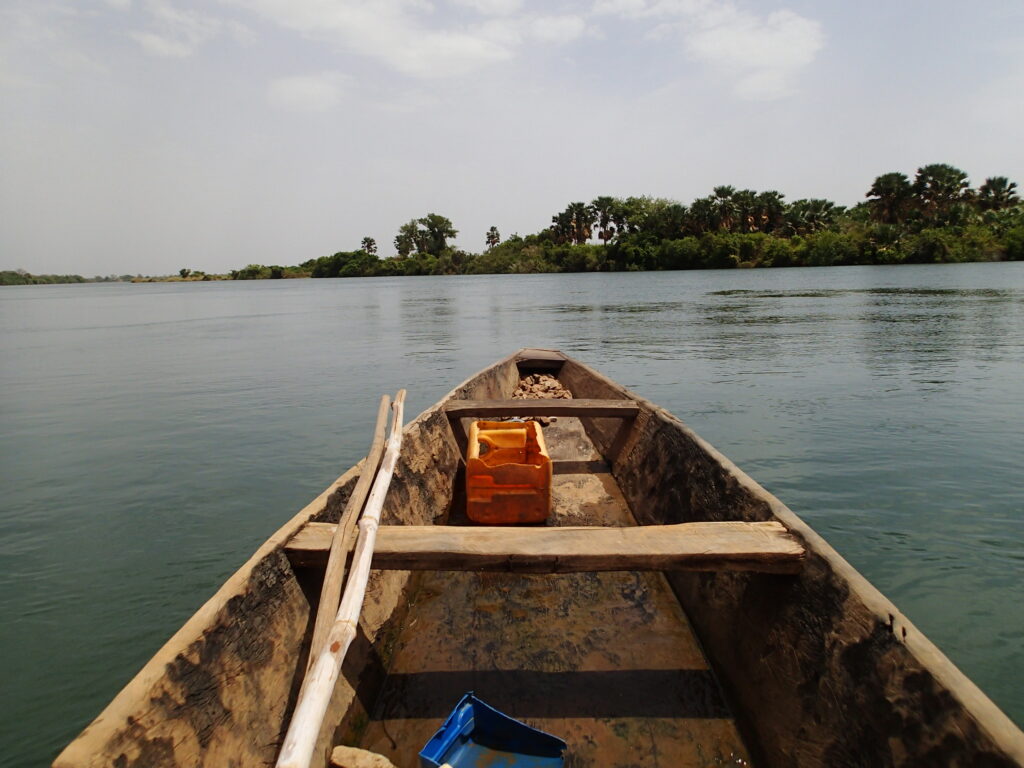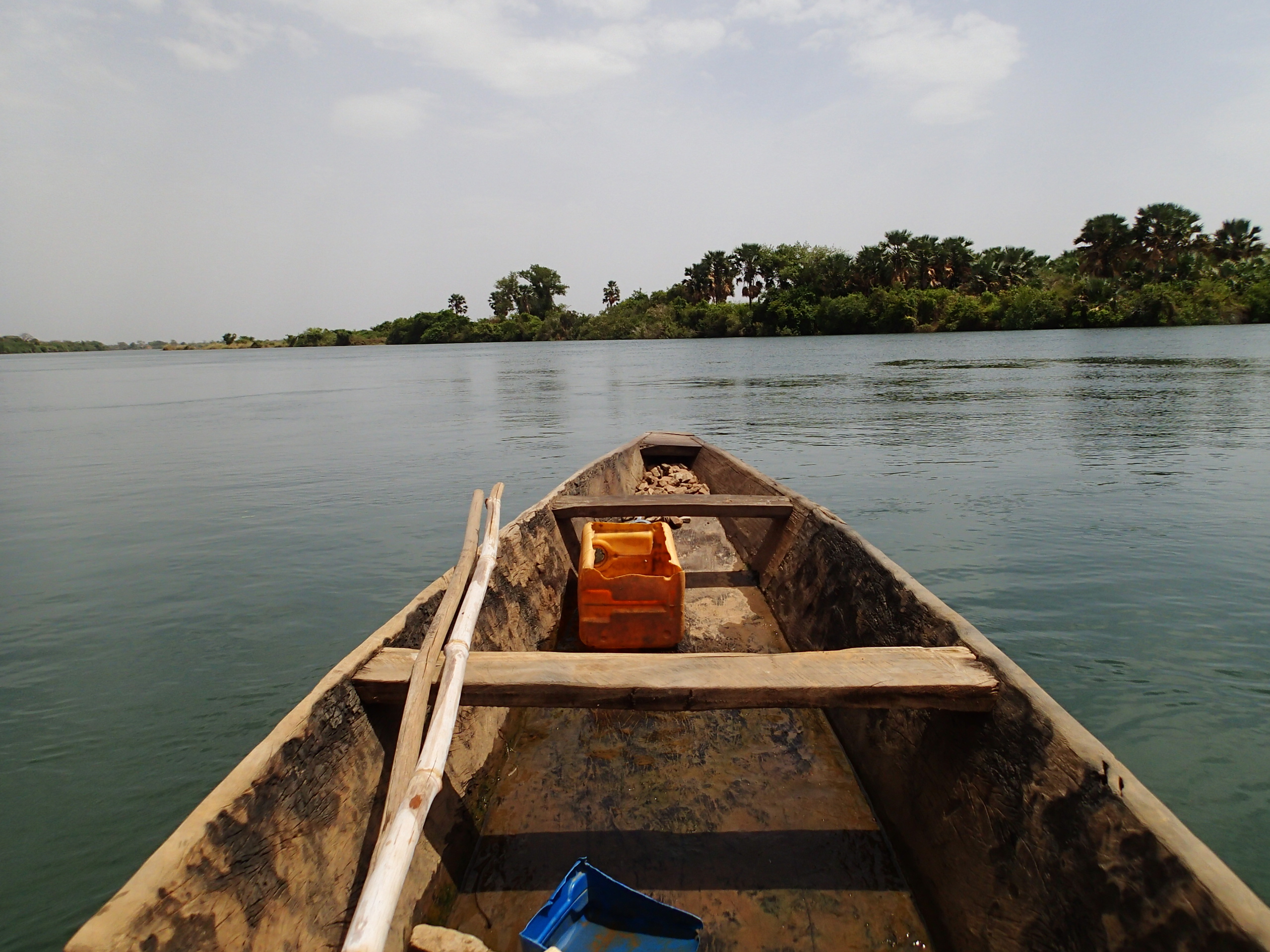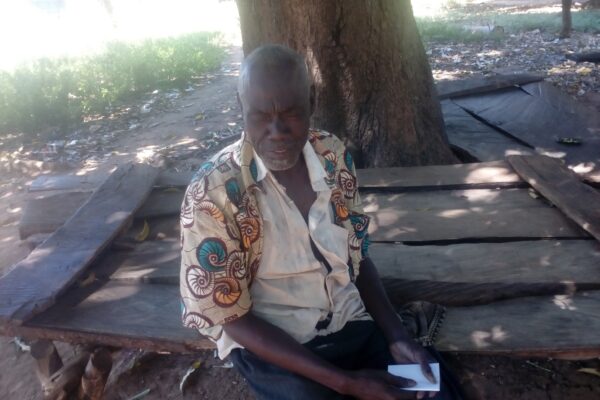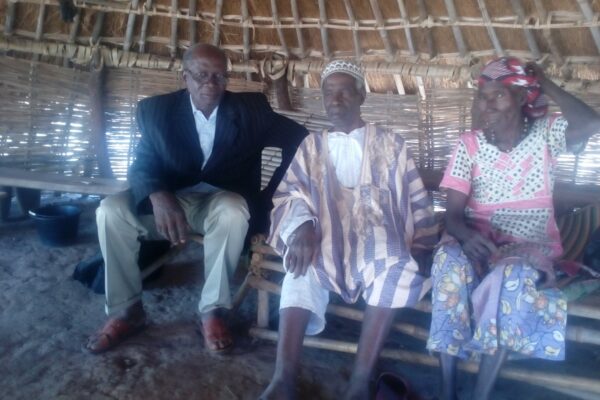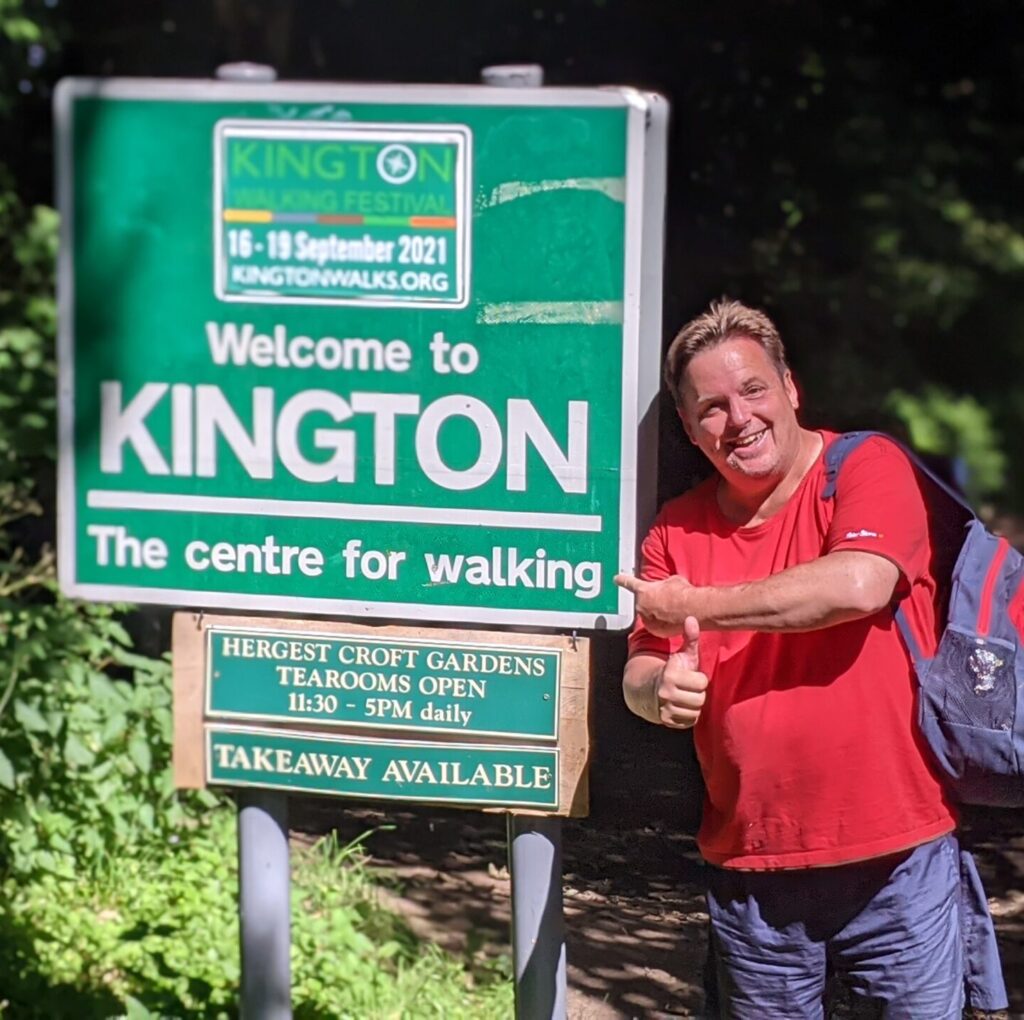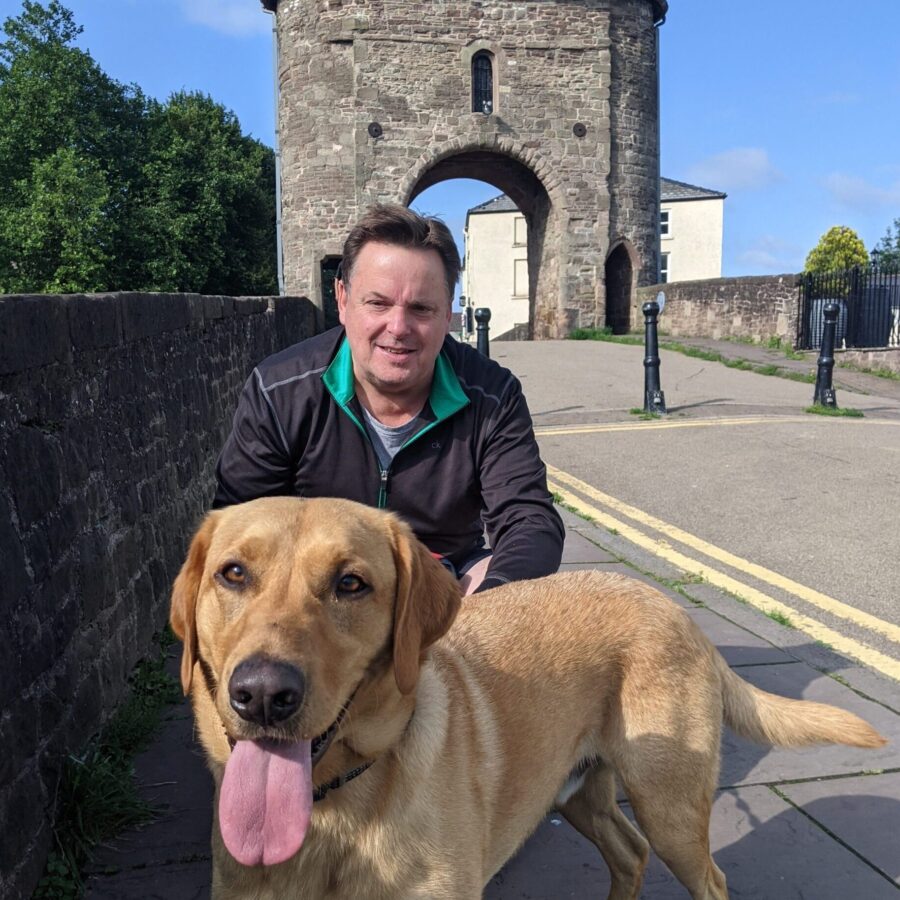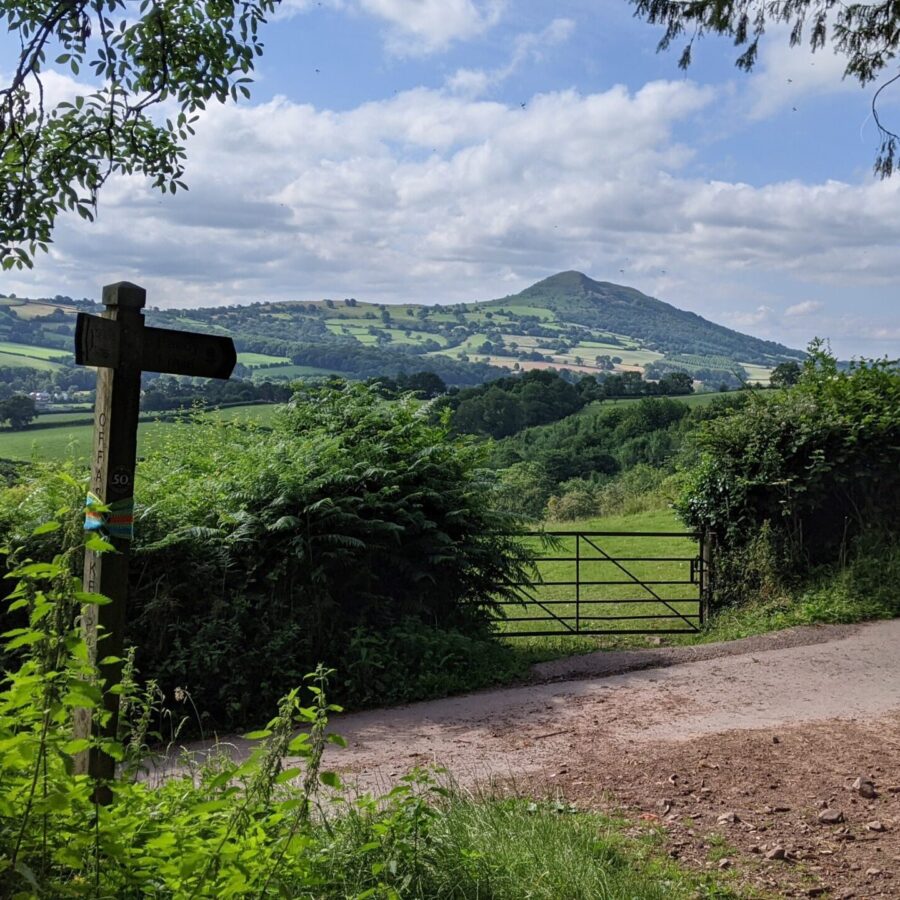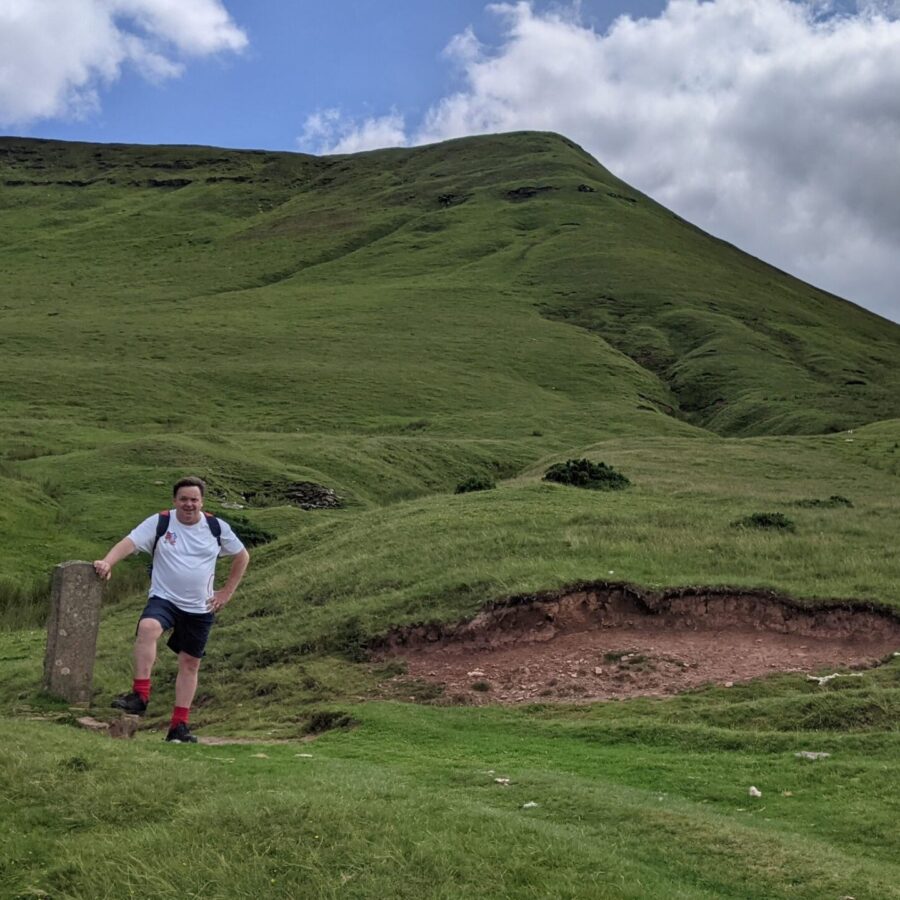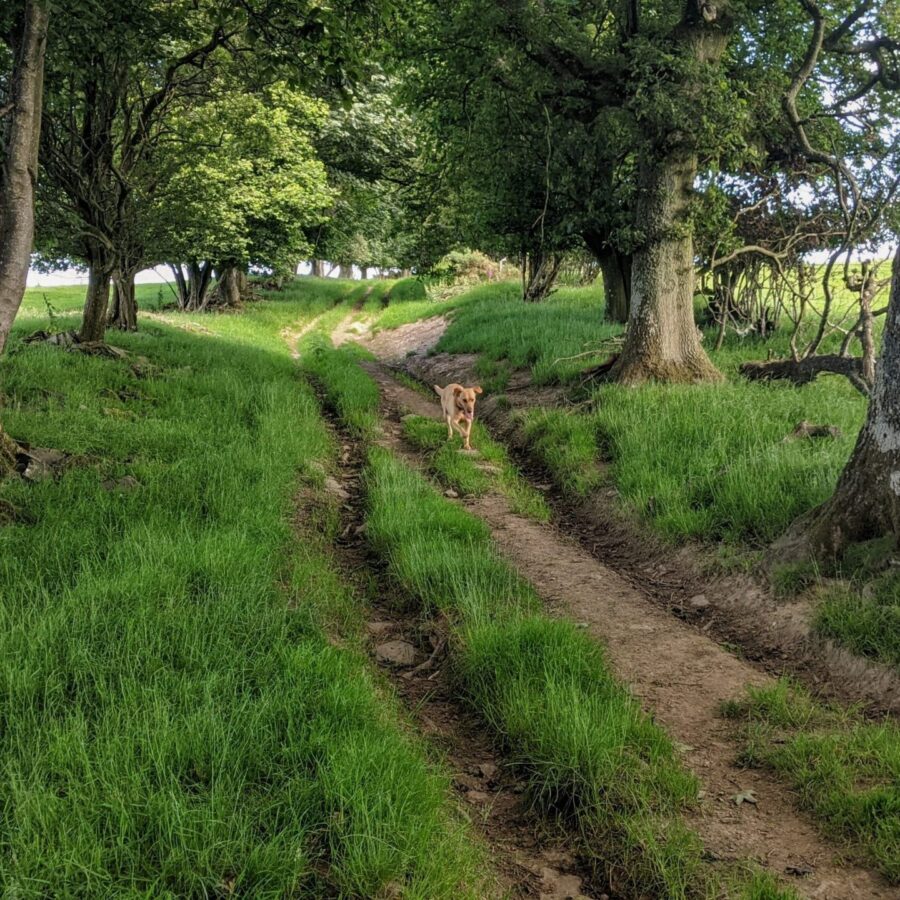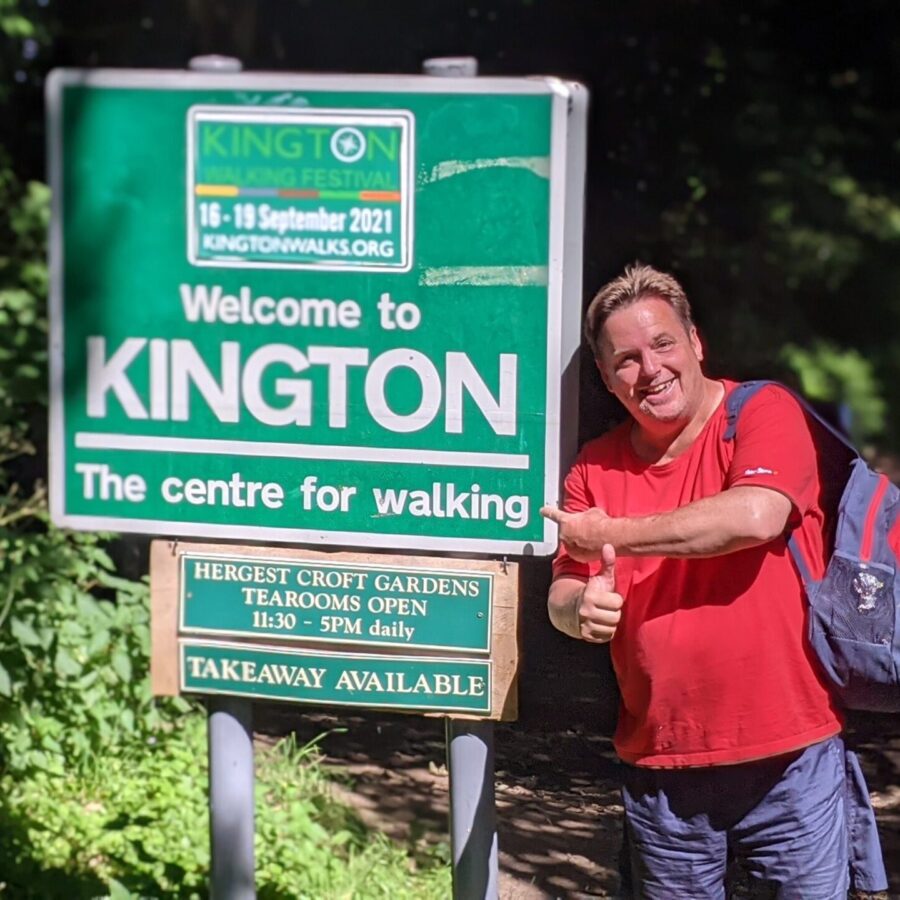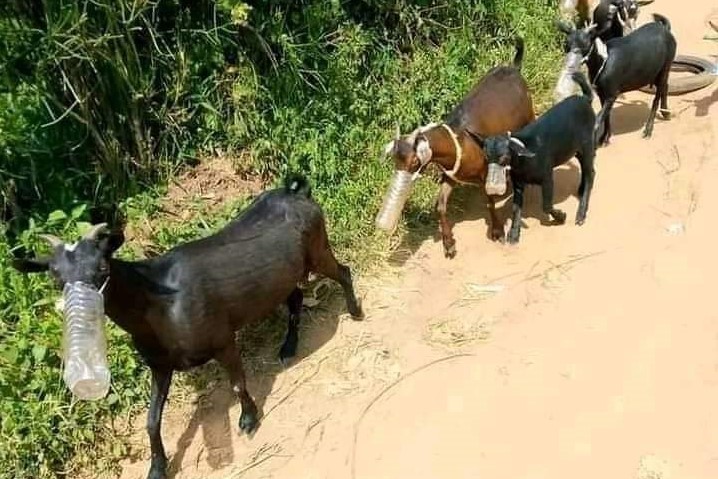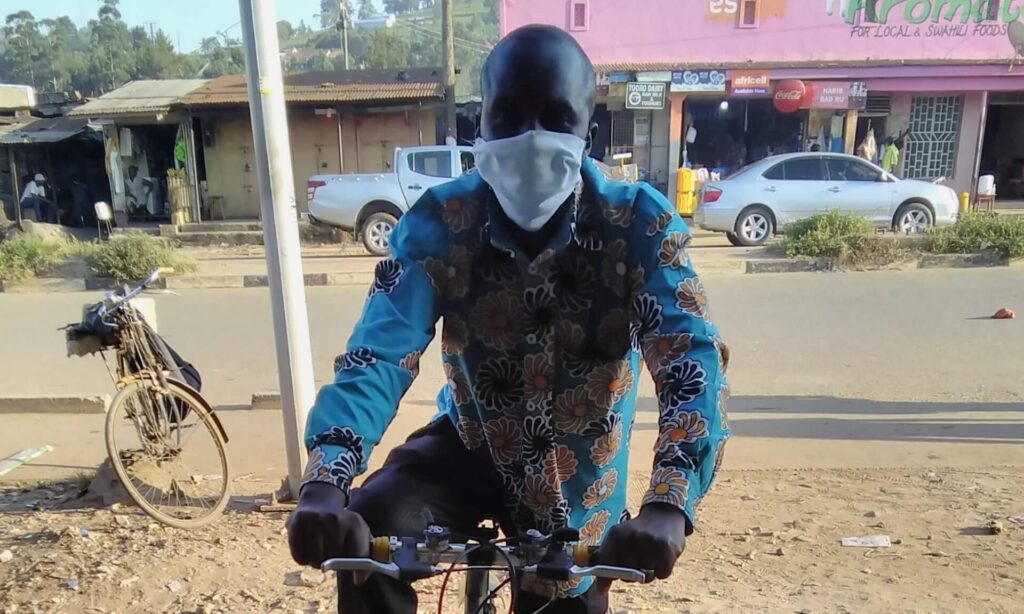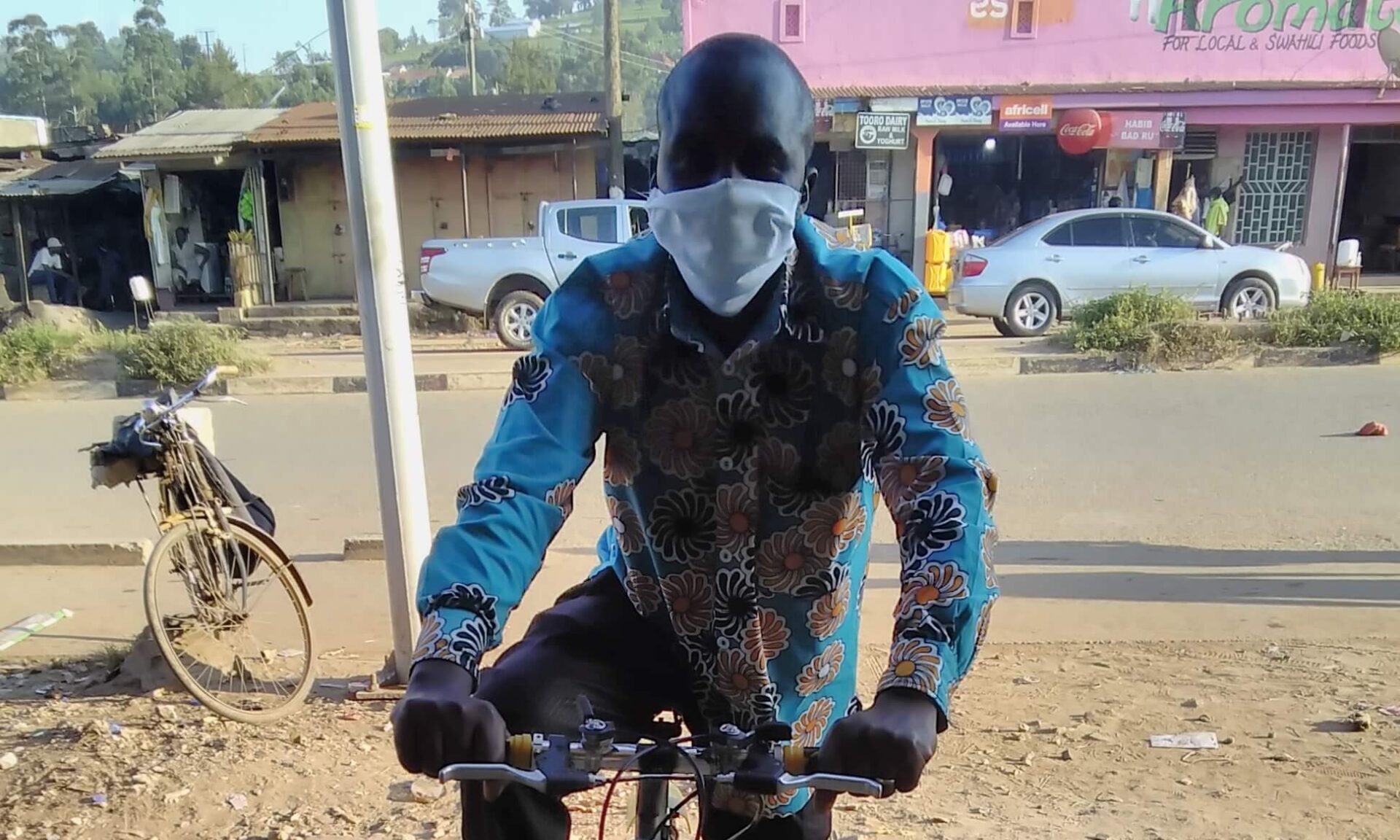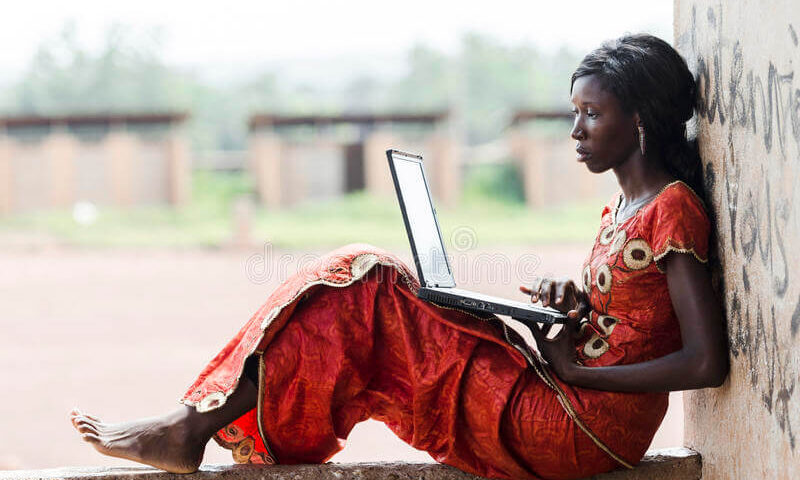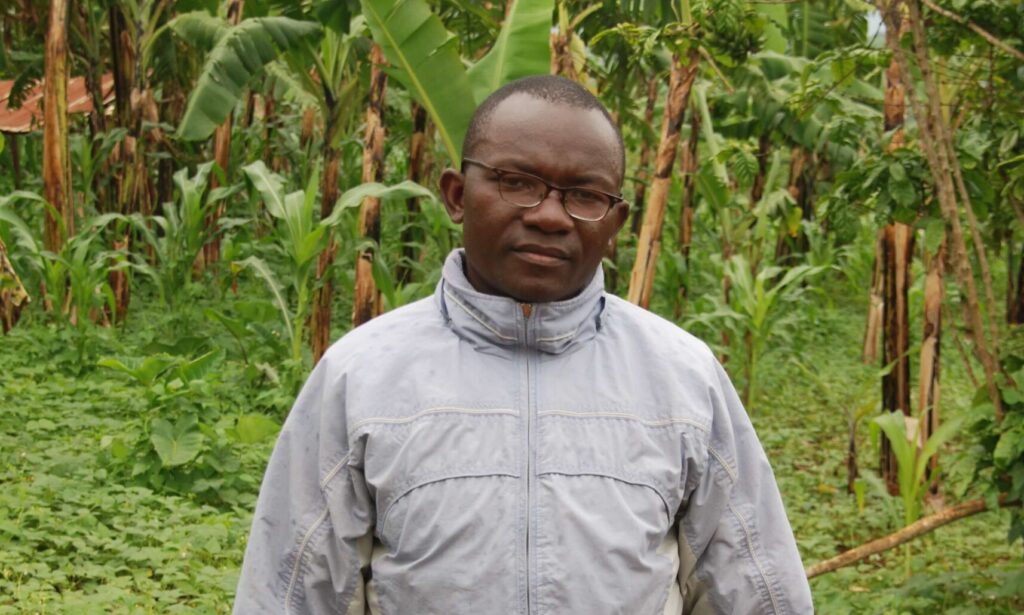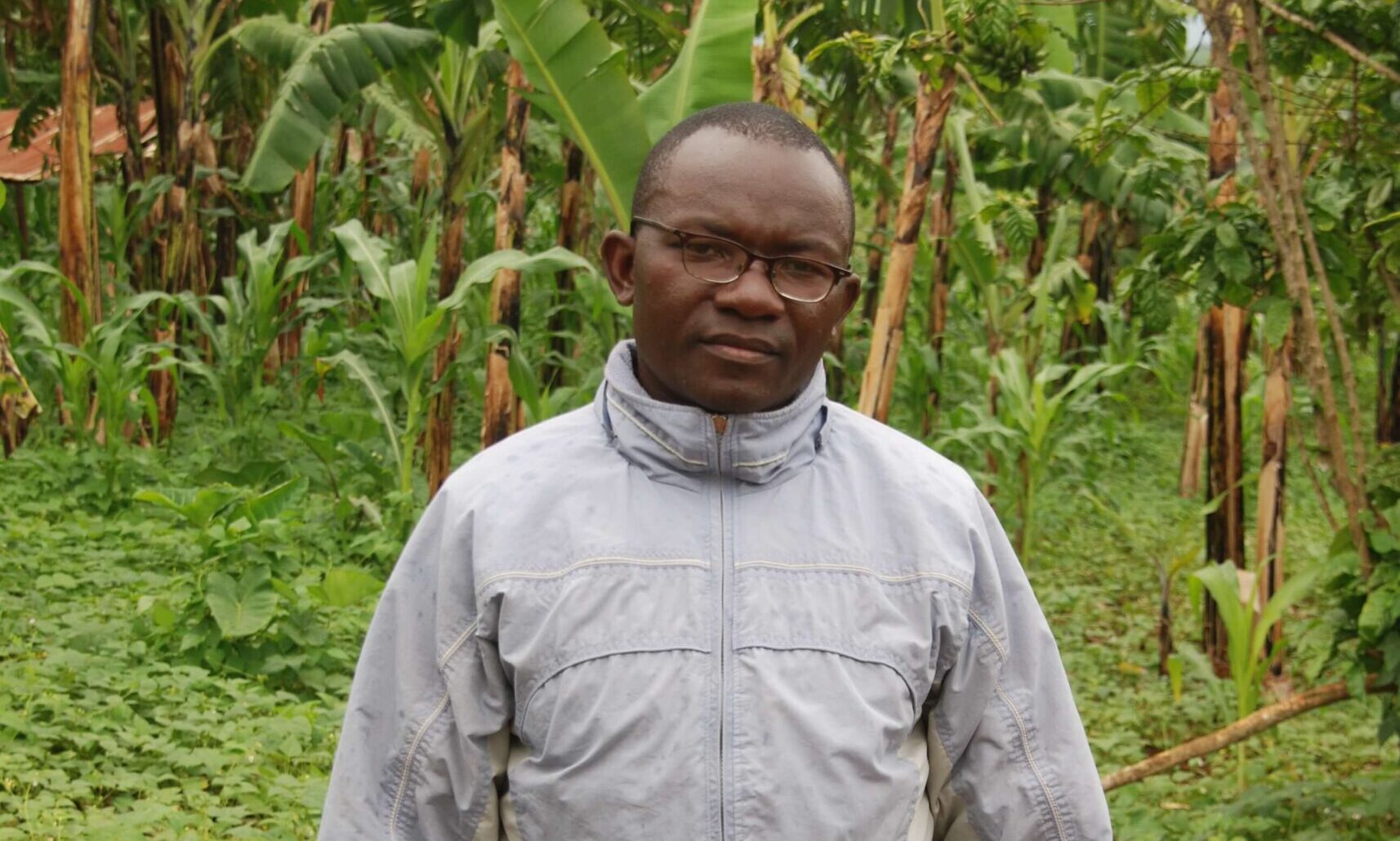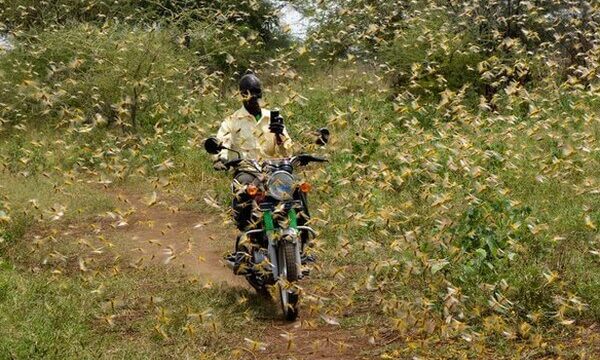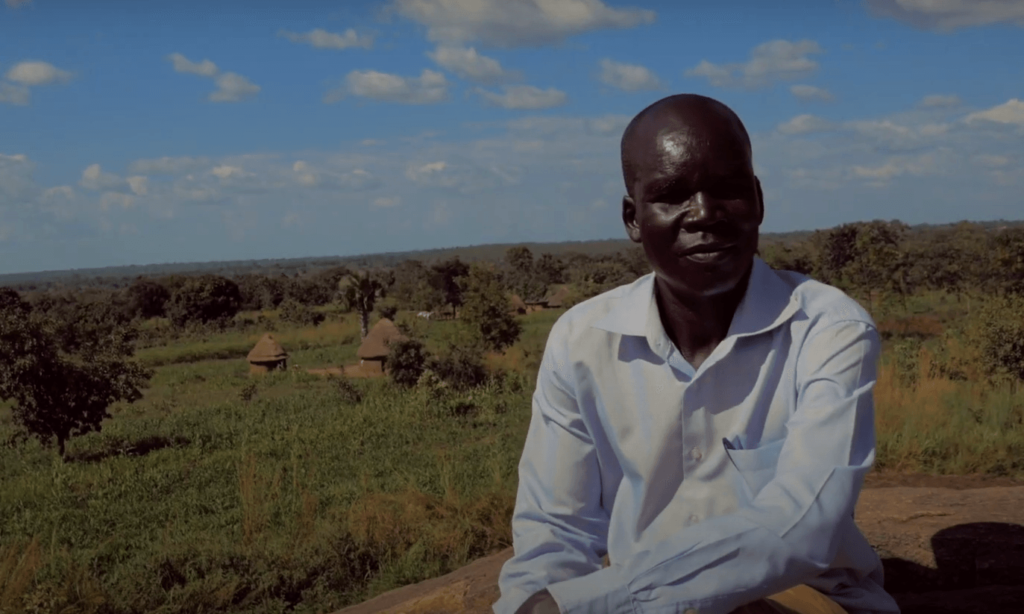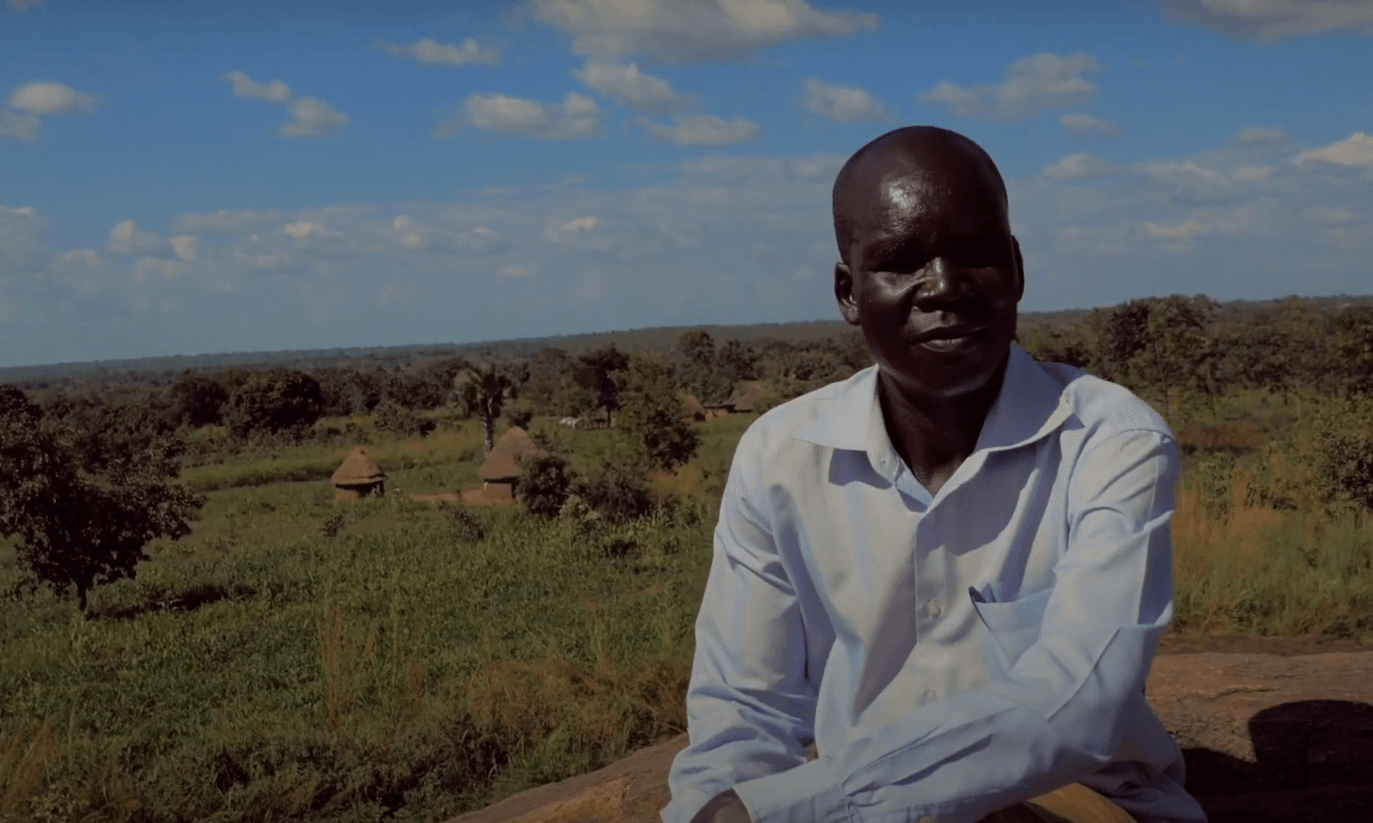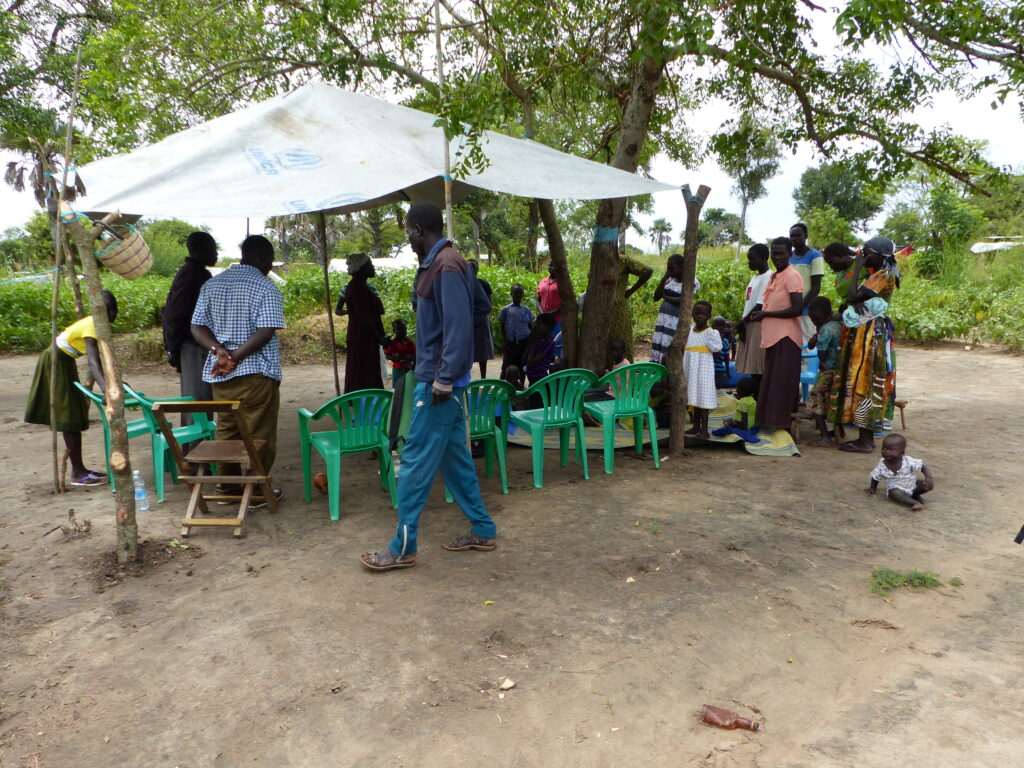
As news of a new coronavirus variant ‘Omicron’ emerges from Africa, we asked Rose Mugabi from Pastors’ Discipleship Network in Uganda about the vaccination programme there. With only 2% of Ugandans fully vaccinated, she explains how some churches have been complicit in spreading misinformation about vaccination which remains a very hotly debated issue.
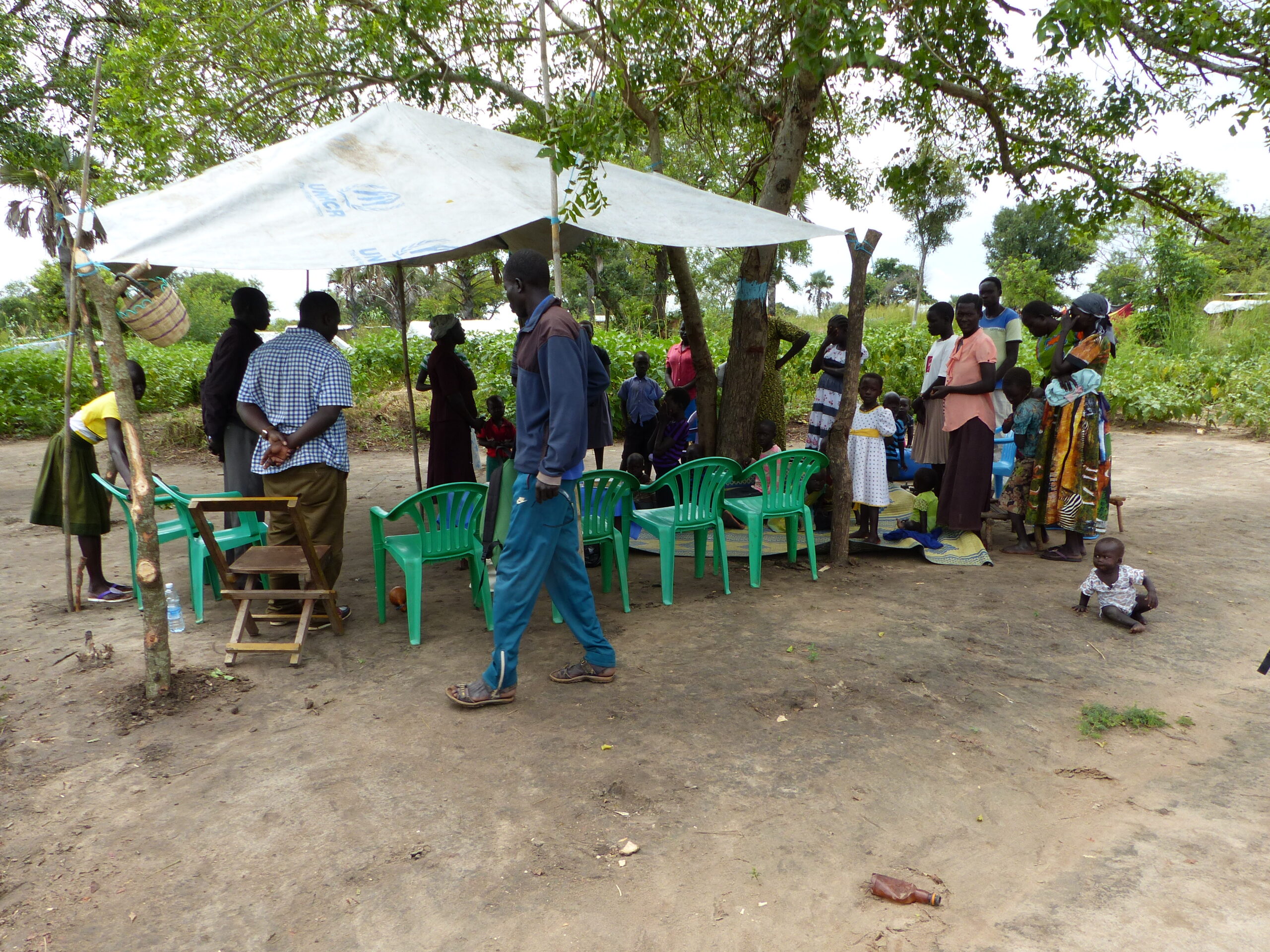
The past two years have been very difficult for Uganda due to the Covid-19 pandemic. The country has experienced multiple total lockdowns that have driven many people into extreme poverty. Incidence of domestic violence and teenage pregnancy has spiked. Schools have not opened for the last two years and many businesses remain affected or have closed.
The government secured coronavirus jabs for mass vaccination programmes through the United Nation’s COVAX facility, which aims to provide equitable access to safe and effective Covid-19 vaccines globally. The hope was that vaccinations would ensure Ugandans were protected from the virus and schools, businesses and churches could open up again.
But the good news about the vaccine has not been received in good faith, especially in the Pentecostal churches. Many leaders of these churches have been misled about the vaccine through falsehoods circulating on the internet and social media platforms like Facebook.
Some have told me that they believe that the vaccine is really a microchip which goes inside you when you get the jab. They tell me that this is spoken about in the Book of Revelation and that the vaccine is the plan of the Antichrist. Others say that it is all part of a scheme by the western world to destroy Africa and take its abundant minerals and natural resources. They believe there is a plan to kill all vaccinated people within two years.
When I have these conversations, I always listen carefully to what is said but I also make sure they know that we are vaccinated, and our church fully supports the vaccination programme. For us, the vaccine is a gift, it is an example of God’s compassion for his people. He has given people the intellect and science to understand and tackle this enemy, and that we should trust that he is bigger than any virus and not live in fear of its cure.
The government has said that some jobs will now need employees to provide a proof of vaccination card, but in this climate of misinformation and rumour even this requirement has not turned the tide. To me, it seems like the non-vaccinated are waiting for the vaccinated to die while the vaccinated believe that it is only a matter of time before all non-vaccinated die. Here in Uganda, the vaccine is still a considerable debate.

